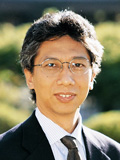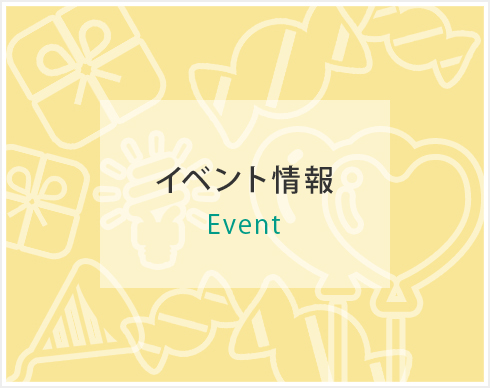伝えたいこと2007 Vol.07
WHY LEARNING?
山旗 張星允(准教授・国際関係)
山旗 張星允(准教授・国際関係)
Everyday we face many choices. Some are easy ones while others are complex and very difficult. Every individual goes through this choice-making process on a daily basis. The results are often happy and successful but some may however result in a negative experience that reults in depression or an unhappy state. The results either good or bad have to be accepted and the person must live with the consequences and prepare themselves for the next better chance, i.e., a choice. We can thus say that life is full of problem solving, or in other words, choice-making in order for us to lead our daily lives towards a better stage.
The question one must ask is why and how do we prepare ourselves. One must find ways or tools to help create a good choice-making practice. A problem does not always and only mean a problem. It actually is a goal we need to aim for, a challenge we have to take, and a change we need to accept. Theses processes involve a broad range diplomacy, covering such practices as, giving, taking, compromising, thanking, apologizing, coordinating, encouraging, competing, and the most importantly cooperating. It demands us to take a path along a continuous learning process on every front, from both our failures (unhappiness) and success (pleasure). It is a never ending learning process. Human beings are already on this path both knowingly and unknowingly. Therefore we shall take a rightness and pleasure in going along this continuing-learning path.
We shall pursue an approach which involves a circular flow of love, happiness, work, satisfaction, knowledge, and confidence which are interlinked and mutually reinforced creating harmony. This flow can be understood as an inner inertia of an individual, which is a source generating the one's full potential as well as polishing a good individualism. The outer inertia can be built on two principles. The first requires having a spirit of rights-responsibilities-roles while the second one refers to applying an art of compete-cooperate-complement. This outer inertia demonstrates each person's level of professionalism in a society he or she belongs to, regardless of age, sex, race, culture, belief and nationality.
By possessing both inertias any human being can naturally earn the degree of self-esteem and also enjoy freedom from fear, servitude, and human-poverty which are everyone's fundamental rights. This is a true sense of human development, for each and everyone, on which our sense of belonging to a society where we belong to is strongly built.
The question one must ask is why and how do we prepare ourselves. One must find ways or tools to help create a good choice-making practice. A problem does not always and only mean a problem. It actually is a goal we need to aim for, a challenge we have to take, and a change we need to accept. Theses processes involve a broad range diplomacy, covering such practices as, giving, taking, compromising, thanking, apologizing, coordinating, encouraging, competing, and the most importantly cooperating. It demands us to take a path along a continuous learning process on every front, from both our failures (unhappiness) and success (pleasure). It is a never ending learning process. Human beings are already on this path both knowingly and unknowingly. Therefore we shall take a rightness and pleasure in going along this continuing-learning path.
We shall pursue an approach which involves a circular flow of love, happiness, work, satisfaction, knowledge, and confidence which are interlinked and mutually reinforced creating harmony. This flow can be understood as an inner inertia of an individual, which is a source generating the one's full potential as well as polishing a good individualism. The outer inertia can be built on two principles. The first requires having a spirit of rights-responsibilities-roles while the second one refers to applying an art of compete-cooperate-complement. This outer inertia demonstrates each person's level of professionalism in a society he or she belongs to, regardless of age, sex, race, culture, belief and nationality.
By possessing both inertias any human being can naturally earn the degree of self-esteem and also enjoy freedom from fear, servitude, and human-poverty which are everyone's fundamental rights. This is a true sense of human development, for each and everyone, on which our sense of belonging to a society where we belong to is strongly built.

プロフィール
名古屋大学大学院国際開発研科博士後期課程修了 (Ph.D.)。国際連合地域開発センター研究員、名古屋大学大学院国際開発研科助手、愛知学院大学情報社会政策学部講師・助教授を経て現職。
研究分野・専門分野
- 開発学・国際経済学
- アジアにおける都市生態系計画と都市経営
- 後発開発途上国における国際開発協力
- 人間の安全保障・居住・開発




